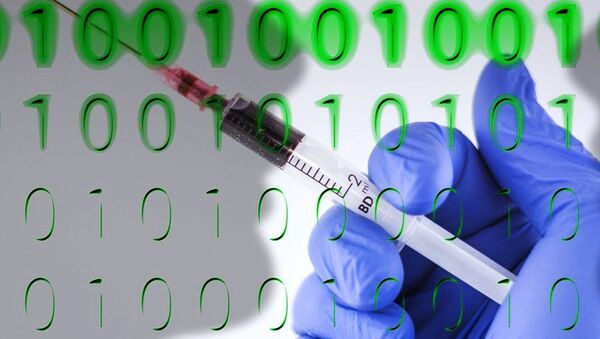WASHINGTON (Sputnik) — So called "big data" that could be mined from electronic health records, social media, the Internet and other sources would allow authorities to better track and forecast disease outbreaks, the US National Institutes of Health (NIH) said in an analysis published in the Journal of Infectious Diseases on Monday.
"Big data streams from internet queries, for example, are available in real time and can track disease activity locally" an NIH press release explaining the article said.
Traditional infectious disease surveillance is based on the scientific gold standard of laboratory tests and data collected by public health institutions, the release explained.
Though more accurate, scientific data often requires a time lag before the information becomes available.
The article noted that biases are inherent in data mined from public sources, but suggested that big data could help authorities forecast the size, peak and trajectory of a disease outbreak weeks or months before precise scientific data is in hand.



